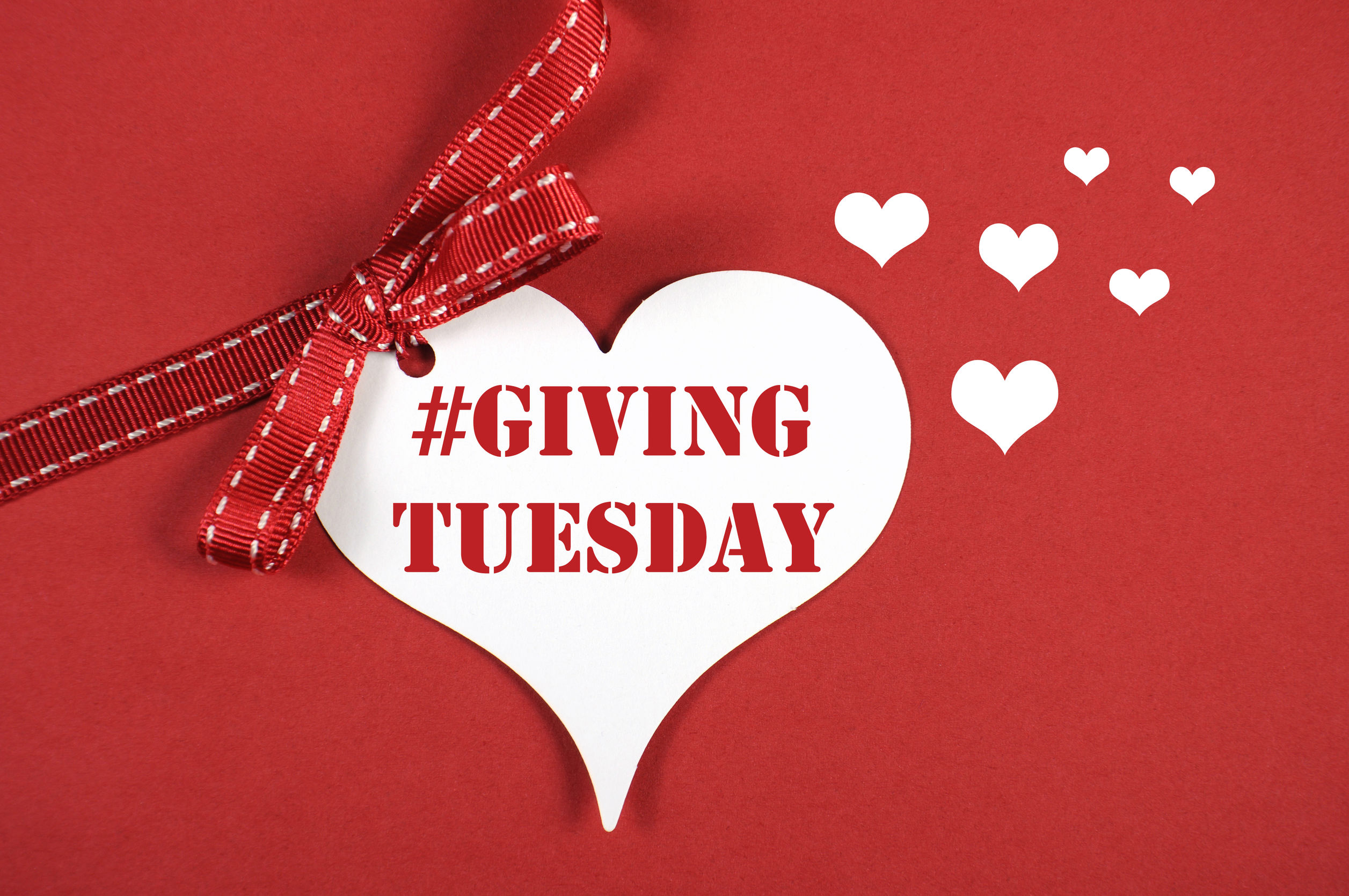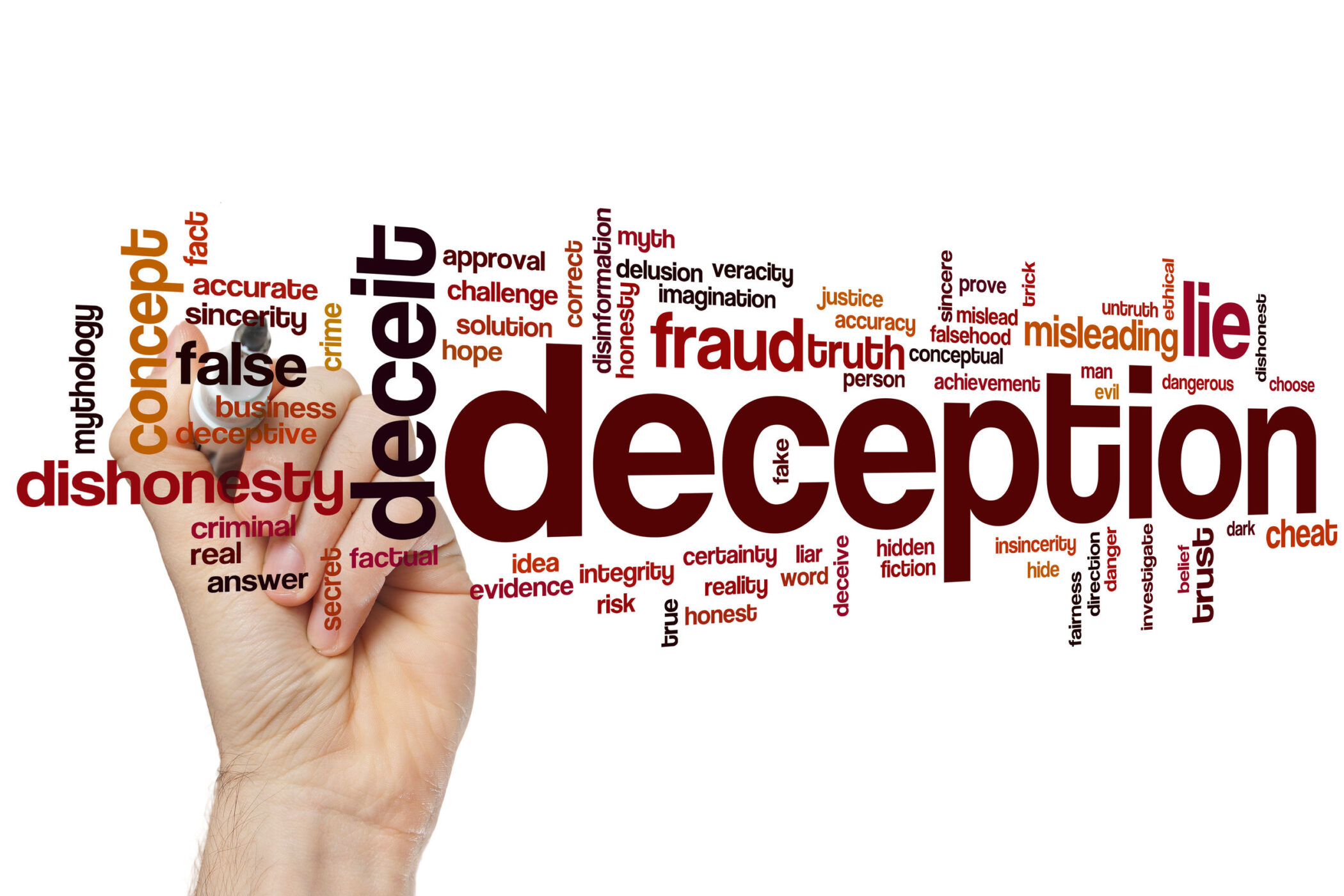Opponents of legislation that would nearly double the property tax rate for public schools didn’t mince words during a hearing on Tuesday.
House bill 2740 would increase the statewide mill levy for schools from 20 mills to 38.43 mills over the next three years. Next year, the rate would jump to 26.76. The following year, the rate would be 32.82 mills. By 2020, the rate would increase to 38.43 mills.
The increase would cost the owner of a $200,000 home $423.89 in additional property taxes by 2020.
Jeff Glendening, the Kansas State Director for Americans for Prosperity, told the committee Kansas already has 15th highest property taxes in the nation.
“Not one mill more,” he told the committee.
“This increase would mean millions out of the pockets of hard working Kansas families, right into the pockets of a government that has shown little interest in restraining spending,” he said in his written testimony.
Lawmakers are looking for solutions to resolve a court mandate on school funding. The Kansas Supreme Court ruled unconstitutional the state’s current school financing mechanism, and many theorize legislators will need to add up to an additional $600 million more in school funding to satisfy the court. HB 2740 would flood state coffers with an additional $640 million of taxpayer money.
Much of that would come from small business property owners, which are taxed at a higher rate than residential properties.
Dan Murray, the Kansas State Director of the National Federation of Independent Business, told the tax committee the 18 mill increase averages out to 6 mills per year, “a real manifestation of the Book of Revelation’s ‘Number of the Beast’ for Kansas small business owners,” he said.
“The increase would be a fatal blow to many small business owners who have been strapped with ever-increasing property tax rates and valuations, and the recent sales and income tax increases,” Murray said.
In 2015, lawmakers instituted what was then the largest tax increase in Kansas history adding $432 million in revenue through sales tax increases. Two years later, the lawmakers instituted the largest tax increase in state history when they retroactively increased income taxes on individuals who earn more than $5,000 per year.
Under the property tax proposal, the owners of a $200,000 home would pay a statewide school tax of $460 this year. They’d pay $615.48 the following year and $754.86 the after that. By 2020, their statewide property tax bill for schools would reach $883.89 per year. That doesn’t include what they are also paying for local school bond issues, school option budget, assessed taxes for community colleges, and county and city services. The numbers also assume the $200,000 home doesn’t increase in value and that other entities don’t increase their own tax rates, an unlikely scenario.
According to new data from the Kansas Policy Institute, county property taxes in Kansas have increased by 154 percent over the last 20 years. KPI compiled data about the state’s 105 counties from the Kansas Department of Revenue. The think tank’s research revealed that the growth in property tax assessments has increased 2.6 times faster than inflation and population.

“To put that in perspective, had property taxes just kept pace with inflation and population, county property tax would have been $520 million less in Kansas last year, or about 37 percent lower,” a KPI blog post reads.
Many property owners are also grappling with increased property assessments, meaning even if their tax rate remains stagnant, they’ll pay more in property taxes next year. In Johnson County, for example, many areas averaged assessment increases between 10 and 16 percent, and that’s on top of large spikes last year. One Prairie Village homeowner told Fox 4 News his property taxes have increased by $200 per month since he moved into his home thanks to spikes in the value of his property.
“People have already received a property tax hike through recently received valuations,” Glendening said. “They don’t need the legislature to compound the problem.”




